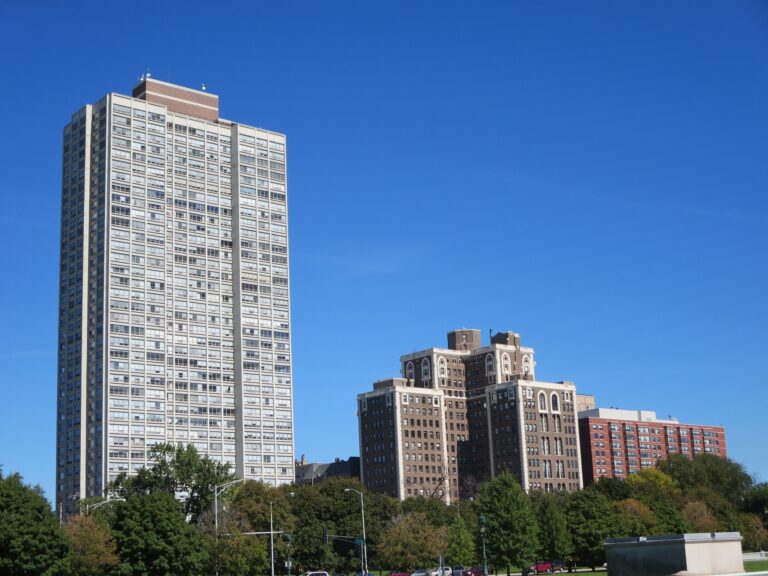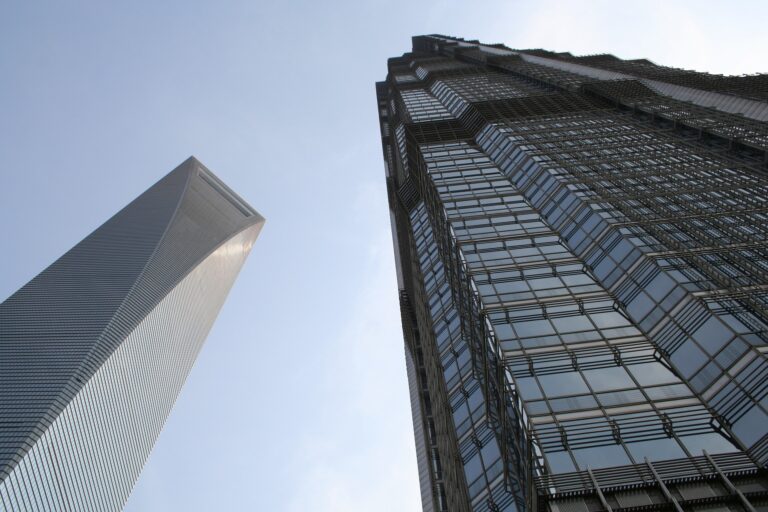Indonesia offers various options for property ownership for foreigners, including Hak Milik, Hak Pakai, Hak Guna Bangunan, and Hak Sewa. Each type of ownership comes with its own advantages, disadvantages, and legal and tax implications. It is important for foreign individuals or companies to understand the differences between ownership types and to seek professional advice before making a decision on property ownership in Indonesia. This article provides an overview of the property ownership statuses available to foreigners in Indonesia and offers tips for navigating the process.
In Indonesia, owning a property can be done through four main ownership statuses: Hak Milik, Hak Pakai, Hak Guna Bangunan, and Hak Sewa:
A) Hak Milik (Freehold)
Hak Milik, also known as Freehold Ownership, is a type of property right in Indonesia that gives the holder full ownership and control over a piece of land or a building.
The following are the key legal provisions related to Hak Milik in Indonesia:
- Eligibility: Any local person or entity that meets the eligibility criteria set by the Indonesian government.
- Duration: Hak Milik has no expiration date and can be transferred from one generation to another.
- Transfer of ownership: The owner of Hak Milik can transfer ownership of the property through sale, inheritance, or other legal means.
- Property taxes: The owner of Hak Milik is responsible for paying property taxes to the local government.
- Use of property: The owner of Hak Milik has the right to use the property for any lawful purpose and can make changes to the property as they see fit.
- Mortgage: The owner of Hak Milik has the right to mortgage the property to secure a loan.
- Dispute resolution: In case of disputes related to Hak Milik, the parties involved can seek resolution through the courts or other legal means.
It is important to note that while Hak Milik gives the holder full ownership and control over the property, it is subject to certain restrictions and limitations imposed by the Indonesian government, such as zoning regulations and environmental protection laws. The holder of Hak Milik must comply with these regulations in order to maintain their ownership rights.
B) Hak Pakai (Right of Use)
Hak Pakai, also known as Right of Use, is a type of property right in Indonesia that gives the holder the right to use and occupy a property that is owned by another party, usually for a specified period of time.
The following are the key legal provisions related to Hak Pakai in Indonesia:
- Eligibility: Any person or entity, including foreigners, can apply for Hak Pakai if they need to use or occupy a property owned by another party for a specific purpose.
- Duration: Hak Pakai has a specified duration, usually between 5 and 30 years, which is agreed upon by the parties involved.
- Renewal: The holder of Hak Pakai may be able to renew the agreement for an additional period of time, depending on the terms of the original agreement and the consent of the property owner.
- Transfer of ownership: The holder of Hak Pakai does not have the right to transfer ownership of the property to another party.
- Termination: Hak Pakai can be terminated by either party if the terms of the agreement are violated or if the purpose for which the property was leased has been fulfilled.
- Rent: The holder of Hak Pakai is responsible for paying rent to the property owner for the duration of the agreement.
- Dispute resolution: In case of disputes related to Hak Pakai, the parties involved can seek resolution through the courts or other legal means.
It is important to note that Hak Pakai does not give the holder the right to make any changes to the property or to use it for purposes other than those specified in the agreement. The property owner retains ownership of the property and retains the right to use it as they see fit, subject to the terms of the Hak Pakai agreement. Hak Pakai is also subject to certain restrictions and limitations imposed by the Indonesian government, such as zoning regulations and environmental protection laws. The holder of Hak Pakai must comply with these regulations in order to maintain their right of use.
C) Hak Guna Bangunan (Right to Build)
Hak Guna Bangunan (HGB), also known as the Right to Build, is a property right in Indonesia that allows the holder to build or make improvements on a property owned by another party.
The following are the comprehensive legal details related to Hak Guna Bangunan in Indonesia:
- Eligibility: Any individual or legal entity, including foreigners, can apply for Hak Guna Bangunan if they need to build or make improvements on a property that is owned by another party.
- Duration: Hak Guna Bangunan is granted for a specified period of time, typically between 30 and 70 years. The duration of the HGB is agreed upon by the parties involved and specified in the HGB agreement.
- Renewal: The holder of Hak Guna Bangunan may be able to renew the agreement for an additional period of time, depending on the terms of the original agreement and the consent of the property owner.
- Transfer of ownership: The holder of Hak Guna Bangunan does not have the right to transfer ownership of the property, but they may be able to transfer their right to build or make improvements on the property to another party.
- Termination: Hak Guna Bangunan can be terminated by either party if the terms of the agreement are violated or if the purpose for which the property was leased has been fulfilled.
- Rent: The holder of Hak Guna Bangunan is responsible for paying rent to the property owner for the duration of the agreement.
- Restrictions and limitations: Hak Guna Bangunan is subject to certain restrictions and limitations imposed by the Indonesian government, such as zoning regulations, building codes, and environmental protection laws. The holder of Hak Guna Bangunan must comply with these regulations in order to maintain their right to build or make improvements on the property.
- Dispute resolution: In the event of a dispute related to Hak Guna Bangunan, the parties involved can seek resolution through the courts or other legal means.
It is important to note that Hak Guna Bangunan is not equivalent to ownership of the property. The property owner retains ownership of the property and retains the right to use it as they see fit, subject to the terms of the Hak Guna Bangunan agreement. A thorough understanding of the legal provisions related to Hak Guna Bangunan, as well as the specific requirements and limitations that apply to a particular property, is essential before entering into a Hak Guna Bangunan agreement in Indonesia.
D) Hak Sewa (Leasehold)
Also known as the Right to Lease, is a type of property right in Indonesia that gives the holder the right to use and occupy a property that is owned by another party, usually for a specified period of time.
The following are the key legal provisions related to Hak Sewa in Indonesia:
-
-
- Eligibility: Any person or entity can apply for Hak Sewa if they need to use or occupy a property owned by another party for a specific purpose.
- Duration: Hak Sewa has a specified duration, usually between 5 and 30 years, which is agreed upon by the parties involved.
- Renewal: The holder of Hak Sewa may be able to renew the agreement for an additional period of time, depending on the terms of the original agreement and the consent of the property owner.
- Transfer of ownership: The holder of Hak Sewa does not have the right to transfer ownership of the property to another party.
- Termination: Hak Sewa can be terminated by either party if the terms of the agreement are violated or if the purpose for which the property was leased has been fulfilled.
- Rent: The holder of Hak Sewa is responsible for paying rent to the property owner for the duration of the agreement.
- Dispute resolution: In case of disputes related to Hak Sewa, the parties involved can seek resolution through the courts or other legal means.
-
It is important to note that Hak Sewa does not give the holder the right to make any changes to the property or to use it for purposes other than those specified in the agreement. The property owner retains ownership of the property and retains the right to use it as they see fit, subject to the terms of the Hak Sewa agreement.
When advising clients on the best type of property ownership in Indonesia, it is important to consider their individual needs and goals. For example, if a client wants full control and ownership over a property for an indefinite period of time, Hak Milik would be the best choice. On the other hand, if a client wants to rent a commercial property for a specified period of time, Hak Sewa would be the best option. It is also important to consider the other legal and tax implications of each type of ownership and to consult with a professional advisor to ensure that the client chooses the best option for their situation.
In conclusion, the differences between the four types of property ownership in Indonesia are related to the level of control and ownership that the owner has over the property, as well as the duration of the ownership and the rights and responsibilities of the owner. Hak Milik provides the most control and ownership, while Hak Pakai, Hak Guna Bangunan, and Hak Sewa have limitations and restrictions.



